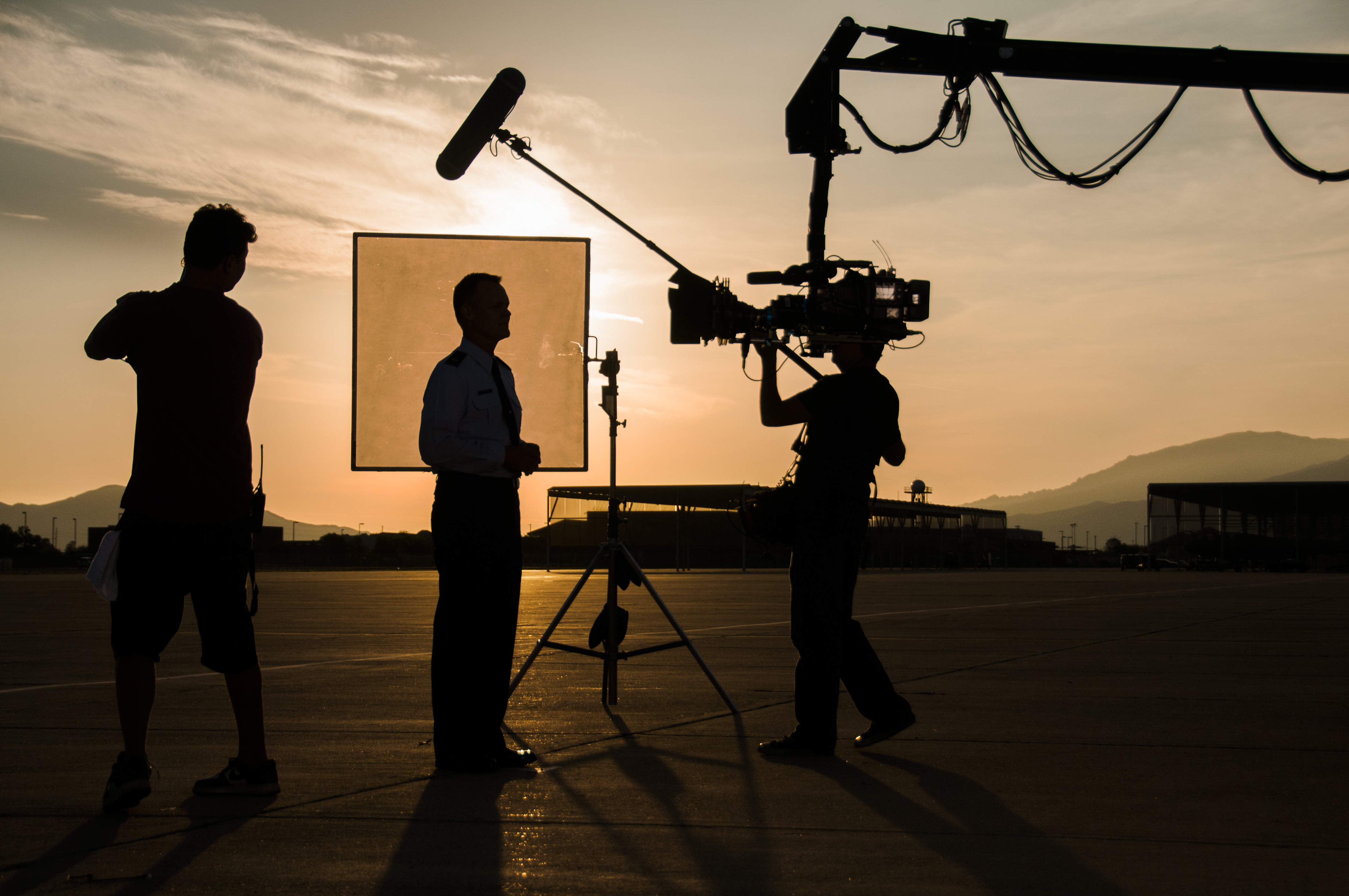No Stupid Questions
No such thing. Ask away!
!nostupidquestions is a community dedicated to being helpful and answering each others' questions on various topics.
The rules for posting and commenting, besides the rules defined here for lemmy.world, are as follows:
Rules (interactive)
Rule 1- All posts must be legitimate questions. All post titles must include a question.
All posts must be legitimate questions, and all post titles must include a question. Questions that are joke or trolling questions, memes, song lyrics as title, etc. are not allowed here. See Rule 6 for all exceptions.
Rule 2- Your question subject cannot be illegal or NSFW material.
Your question subject cannot be illegal or NSFW material. You will be warned first, banned second.
Rule 3- Do not seek mental, medical and professional help here.
Do not seek mental, medical and professional help here. Breaking this rule will not get you or your post removed, but it will put you at risk, and possibly in danger.
Rule 4- No self promotion or upvote-farming of any kind.
That's it.
Rule 5- No baiting or sealioning or promoting an agenda.
Questions which, instead of being of an innocuous nature, are specifically intended (based on reports and in the opinion of our crack moderation team) to bait users into ideological wars on charged political topics will be removed and the authors warned - or banned - depending on severity.
Rule 6- Regarding META posts and joke questions.
Provided it is about the community itself, you may post non-question posts using the [META] tag on your post title.
On fridays, you are allowed to post meme and troll questions, on the condition that it's in text format only, and conforms with our other rules. These posts MUST include the [NSQ Friday] tag in their title.
If you post a serious question on friday and are looking only for legitimate answers, then please include the [Serious] tag on your post. Irrelevant replies will then be removed by moderators.
Rule 7- You can't intentionally annoy, mock, or harass other members.
If you intentionally annoy, mock, harass, or discriminate against any individual member, you will be removed.
Likewise, if you are a member, sympathiser or a resemblant of a movement that is known to largely hate, mock, discriminate against, and/or want to take lives of a group of people, and you were provably vocal about your hate, then you will be banned on sight.
Rule 8- All comments should try to stay relevant to their parent content.
Rule 9- Reposts from other platforms are not allowed.
Let everyone have their own content.
Rule 10- Majority of bots aren't allowed to participate here.
Credits
Our breathtaking icon was bestowed upon us by @Cevilia!
The greatest banner of all time: by @TheOneWithTheHair!
view the rest of the comments

Maybe for you, but I generally can.
Bigger cameras have bigger sensors. This means they can process more light, amcan get more detail, and have less noise.
The gaps between large triple ccds and smaller single ccds has certainly shrunk. But if a professional has to get the best possible result in all sorts of environments while not wasting time/money, buying a proper camera that isn't going to need as much post processing, or as many lights (especially with multiple subjects) is going to be a huge timesaver.
Kinda like photographers with a DSLR Vs an iPhone. The difference has become less, but a DSLR is going to kick an iPhones ass every time.
Next up is the lenses.
If you have a small lens with a defect, more of the picture is going to travel through that defect.
If you have a large lens with a defect, a smaller amount of the picture is going to travel through that defect.
Also, lenses generally have more abberations towards the outside of the lense (like barrelling or chromatic aberration). If you can only process light from the middle of the lens, the picture is going to be so much better.
So you make big lenses, and only use the but in the middle of them.
Finally it's things like other features.
From encoding format, framerate & resolution, outputs (clean feeds, native sdi or SMPTE fibre, remote CCUs, return feeds, coms), genlock and timecode syncs. Even to things how the viewfinders, zoom and focus controls work.
And by the time you are making a $100k camera with $250k lenses, it's kinda a thing that works for sports, film, TV, whatever. There is a lot of overlap of features, and nobody wants to buy the same lens for 2 different cameras because the cameras are slightly different.